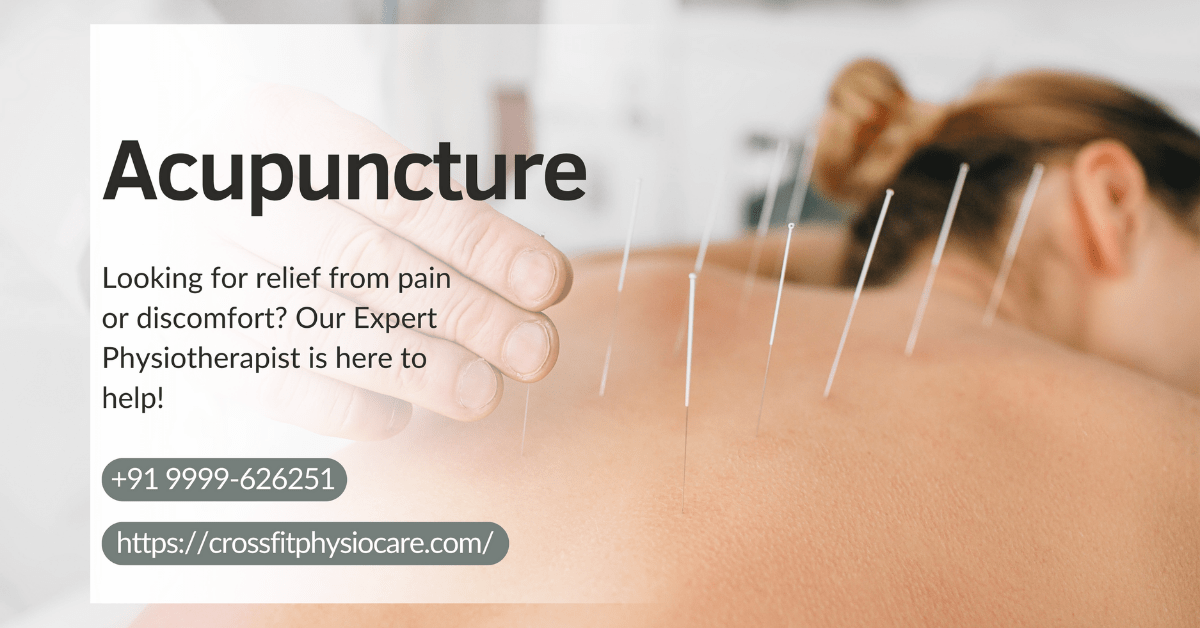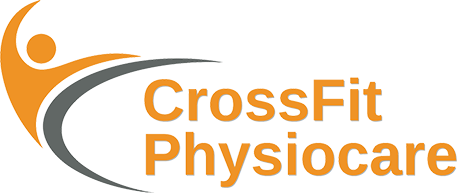
Acupuncture
Acupuncture is a traditional Chinese medical practice that involves inserting thin needles into specific points on the body to promote healing and alleviate pain or discomfort. It’s based on the concept of Qi (pronounced “chee”), which is believed to be the vital energy that flows through pathways called meridians in the body. The goal of acupuncture is to balance the flow of Qi and restore the body’s natural harmony.
Key Aspects of Acupuncture:
Needle Insertion: Acupuncture involves inserting very fine needles, typically made of stainless steel, at specific acupuncture points on the body. The depth and angle of insertion can vary based on the condition being treated and the individual’s constitution.
Qi Flow: Traditional Chinese medicine (TCM) theory suggests that health issues arise when the flow of Qi is disrupted or blocked. Acupuncture is thought to unblock or regulate this flow, restoring balance and improving health.
Pain Relief: Acupuncture is commonly used to manage pain, including back pain, neck pain, headaches, and various musculoskeletal issues. It’s believed that acupuncture can stimulate the release of endorphins, the body’s natural pain-relieving chemicals.
Research and Evidence: Acupuncture has been extensively studied, and there is a growing body of research exploring its effects. While some studies show positive outcomes for certain conditions, the effectiveness of acupuncture remains a topic of ongoing scientific investigation.
What to expect during an acupuncture session:
The acupuncturist will discuss your health concerns and gather information about your medical history.
The acupuncturist will examine your pulse, tongue, and other aspects to assess the balance of Qi in your body.
Thin needles will be inserted at specific acupuncture points. You might feel a mild sensation during insertion, but acupuncture is generally not painful.
You’ll typically lie comfortably for a designated period (usually 15-30 minutes) with the needles in place.
Acupuncture sessions may be repeated over a course of weeks or months based on the individual’s condition.
Important Considerations:
Qualified Practitioners: It’s crucial to seek acupuncture treatment from a qualified and licensed acupuncturist. Check their credentials and ensure they adhere to appropriate hygiene and safety standards.
Consult with Healthcare Providers: While acupuncture can be a complementary therapy for some conditions, it’s essential to discuss it with your primary healthcare provider, especially if you have underlying medical conditions or are taking medications.
Individual Response: Responses to acupuncture can vary. Some people find it very beneficial, while others may not experience significant effects.
Safety: When performed by a trained professional, acupuncture is generally considered safe, with minimal risk of side effects. However, some rare cases of bruising, bleeding, or infection may occur.
If you’re interested in acupuncture, consult with a licensed acupuncturist who can assess your needs, explain the treatment, and tailor it to your specific health concerns.
- Daani Plaza E-595-596, 4th Floor, Ramphal Chowk Rd, Block E, Sector 7 Dwarka, New Delhi - 110075
- +91 99996 26251
- support@crossfitphysiocare.com
How can we help you?
If you are looking for the best and nearest physiotherapist, then click below to message us on WhatsApp.
